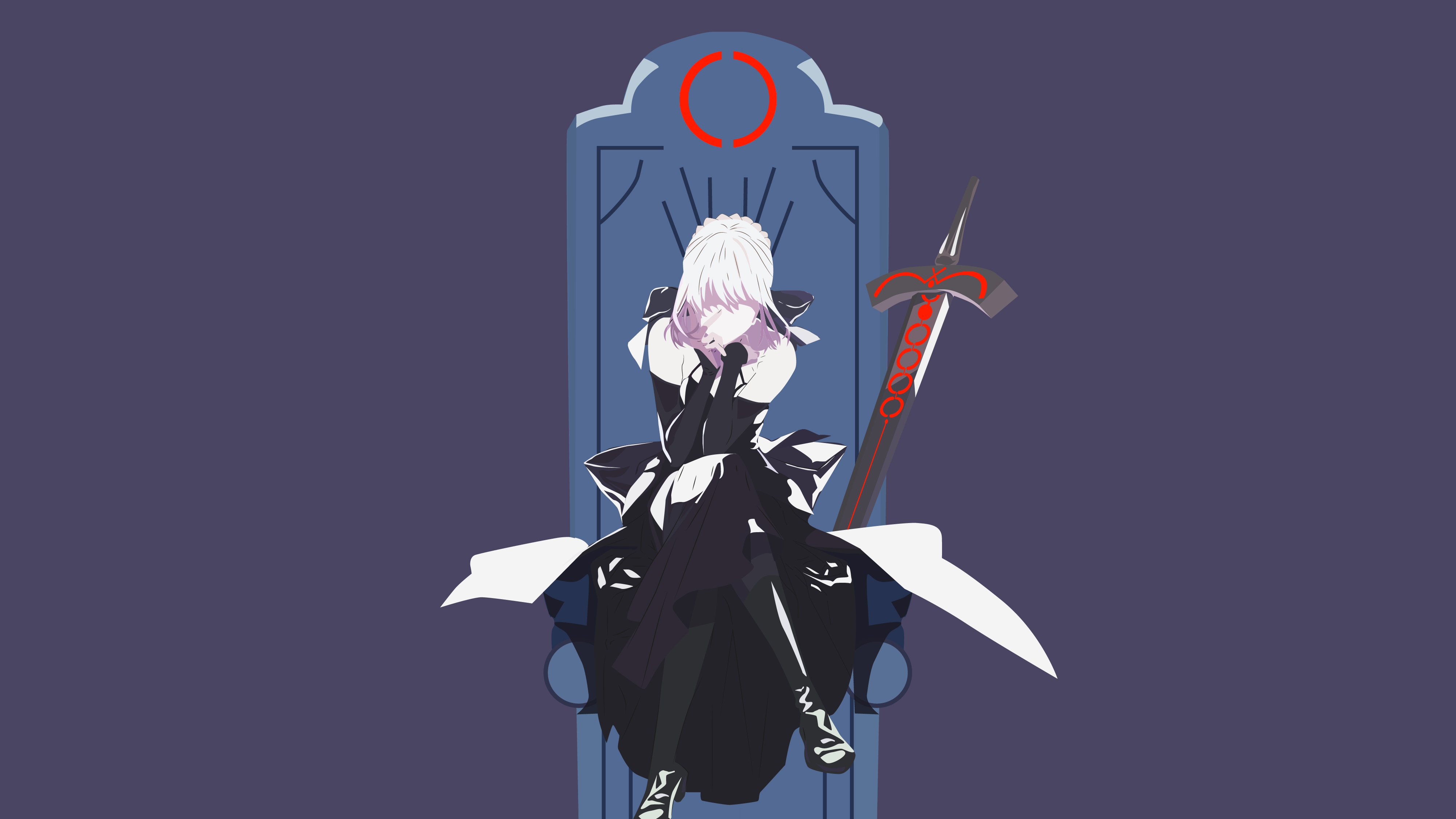It has been two thousand years since the death of The Hero of the Glades.
In the wake of her death to free the world from the oppressive chains of the dark wizard, Gand, a world of liberty and sanctuary has flourished from the Viridian Sea to the Sands of Hahral. As a result, there is not one person in the world that does not know her legend.
Some say the Hero of the Glades was sent from the goddess herself to save the world from the wicked and vile. Others say she was a simple peasant girl who proved herself to the gods by enduring harrowing trials. The conclusion is the same, whichever interpretation one comes to believe; the Hero of the Glades stood against the forces of evil and won. One only has to look at the Kingdom that spawned in her name.
The Kingdom of Itenaire.
Whilst Itena gave her life in the final battle, her allies–the sorcerer Sol, the warlord Haur, the hunter Antes, the swordmaster Aather, and the elf Glyndŵr–all were fortunate to meet the same end.
Gand had been stopped and purged from existence, but with him so too did Itena suffer a fatal blow. Her passing would become symbolic and the journey she had shared with them left them wondering what world to build in her absence. It is here that the bones of modern society began to form. Sol returned to the enclave of sorcery, which had been decimated since Gand had battled them to near extinction. Antes returned to his tribe in Hahral, fearful of the darkness that lingers in the world. Glyndŵr freed the elven slaves that Gand had taken and looked to rebuild the clanfolk. Haur reunited with the Confederation of Warlords that had aspired to depose Gand, history would recall him as the first King of Itenaire. As for Aather? Seeking no power of his own, he returned to Itena's birthplace and from there would create an order of protectors that would become the first collection of knights.
In the time since then the idea of kingdoms have been formalized, a caste system of lords and underlords have become the standard, the enclave of sorcery has been slowly rebuilt from the bones of what was, and Itenaire has been led by House Haurington, who still maintains its connection to its founding hero. And, of course, the elite guardians of the glade and ever present protectors of order and justice,
Order of the Glade, keep a watchful eye over the realm should another mad mage or other unseen threat arise once more.
And so here you are, peasant, noble, or somewhere in between, traveling to the birthplace of the Hero of the Glades, to participate in a trial that could help define you. Do you have what it takes to follow in Itena's honor? To become a warden?
Let's find out.






